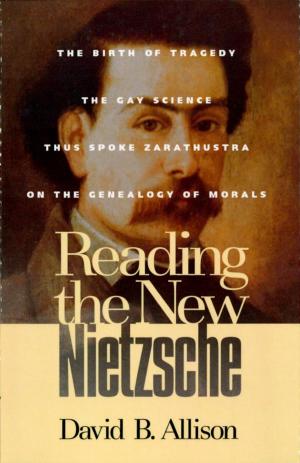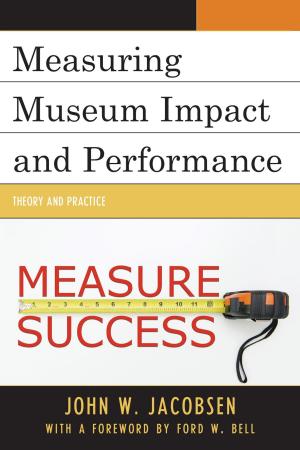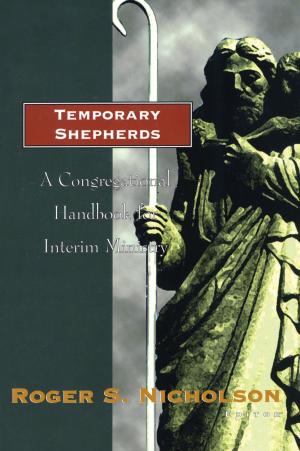Putting Ideas to Work
A Practical Introduction to Political Thought
Nonfiction, Religion & Spirituality, Philosophy, Political| Author: | Mark Mattern | ISBN: | 9781461641599 |
| Publisher: | Rowman & Littlefield Publishers | Publication: | July 8, 2006 |
| Imprint: | Rowman & Littlefield Publishers | Language: | English |
| Author: | Mark Mattern |
| ISBN: | 9781461641599 |
| Publisher: | Rowman & Littlefield Publishers |
| Publication: | July 8, 2006 |
| Imprint: | Rowman & Littlefield Publishers |
| Language: | English |
In this innovative new text, Mark Mattern offers a unique alternative to the traditional approaches to the study and teaching of political philosophy. Rather than approaching it solely as a world of abstractions, Putting Ideas to Work emphasizes its practical task. Political ideas drawn from historical and analytical political philosophy are used to help rethink current public problems and imagine potential solutions to them.
Putting Ideas to Work is organized around five central tensions in political theory and practice: individual and community, freedom and equality, justice and political order, democracy and capitalism, and power and citizenship. Each section begins with a description and analysis of several contemporary public problems arising from these tensions. Key political thinkers are then drawn upon to help understand the genesis of the public problems, and to offer alternative ways of thinking about them. The text is anchored throughout to an idea of strong democracy that functions as a standard against which theory and practice are measured.
In this innovative new text, Mark Mattern offers a unique alternative to the traditional approaches to the study and teaching of political philosophy. Rather than approaching it solely as a world of abstractions, Putting Ideas to Work emphasizes its practical task. Political ideas drawn from historical and analytical political philosophy are used to help rethink current public problems and imagine potential solutions to them.
Putting Ideas to Work is organized around five central tensions in political theory and practice: individual and community, freedom and equality, justice and political order, democracy and capitalism, and power and citizenship. Each section begins with a description and analysis of several contemporary public problems arising from these tensions. Key political thinkers are then drawn upon to help understand the genesis of the public problems, and to offer alternative ways of thinking about them. The text is anchored throughout to an idea of strong democracy that functions as a standard against which theory and practice are measured.















